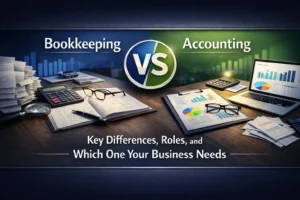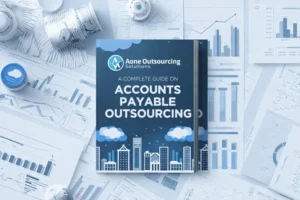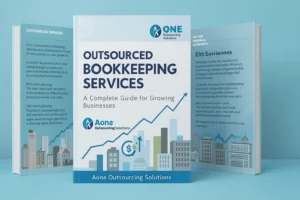
US Expatriation Tax Explained: Exit Tax Rules and Who Must Pay
Leaving the United States forever is not only an emotional or lifestyle move but a major tax event. U.S. citizens and long-term green card holders assume that when they move

At Aone Outsourcing Solutions, we believe smart businesses don’t just manage their accounting; they streamline their accounting process. With 15+ years of experience supporting accounting firms and businesses across the UK, USA, Canada, Australia, and Ireland, our team knows how to turn everyday financial processes into strategic advantages.
From bookkeeping and payroll to tax preparation, accounts payable, and compliance, we’ve helped firms simplify their accounting workflows, cut operational costs, and maintain complete accuracy at every step. Because at Aone, your accounting success is the goal we care about most. Aone Outsourcing Solutions

Leaving the United States forever is not only an emotional or lifestyle move but a major tax event. U.S. citizens and long-term green card holders assume that when they move

Having financial clarity is no longer a choice among businesses in the United States, but a requirement. SCORE states that approximately 40% of small enterprises cite some financial issues as

Accounts Payable (AP) is not only a back-office accounting activity, but it also directly influences cash flow visibility, vendor trust, compliance readiness, and overall financial control. But for most expanding

Launching a startup is so exciting, but it often runs opposite to financial management. Founders become more focused on product development, marketing, or pitching to investors. On the other hand,

Bookkeeping is a task every business requires, but very few business owners enjoy doing it. It is easier when financial records grow more quickly as your company grows. once, you

One of the most significant deadlines for taxpayers, businesses, corporations, and governmental agencies in America is the end of the financial year. However, in contrast to most other nations where